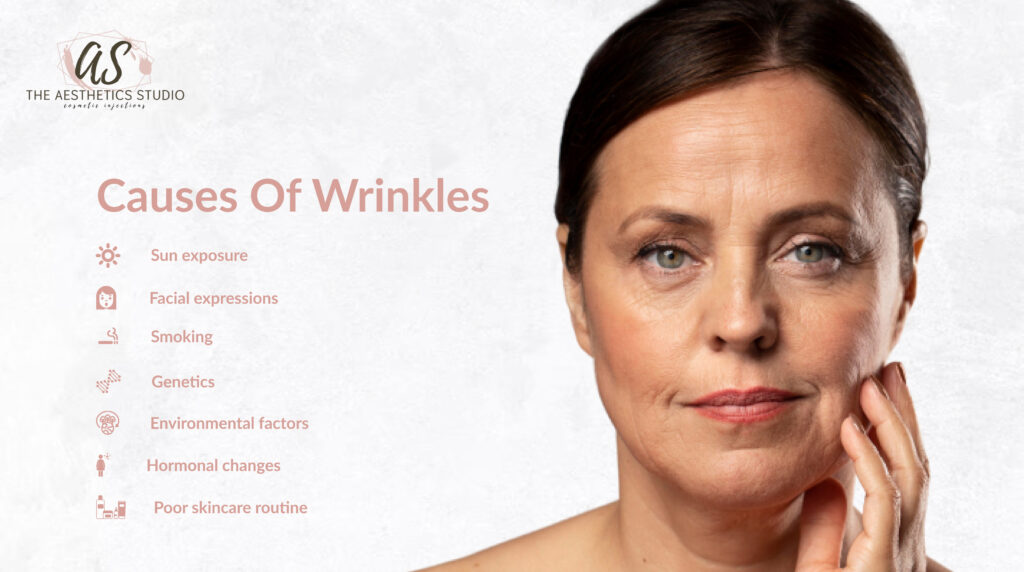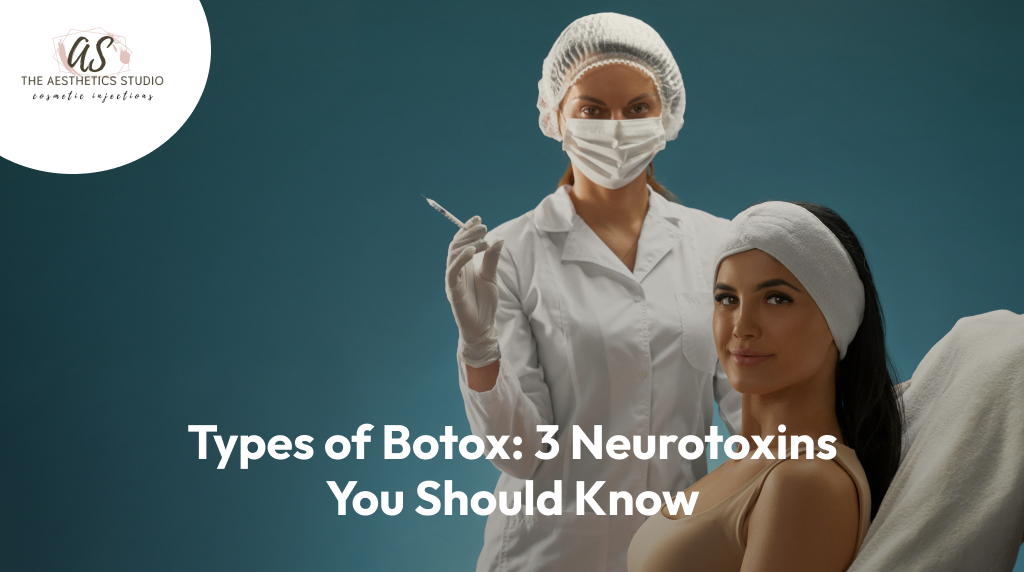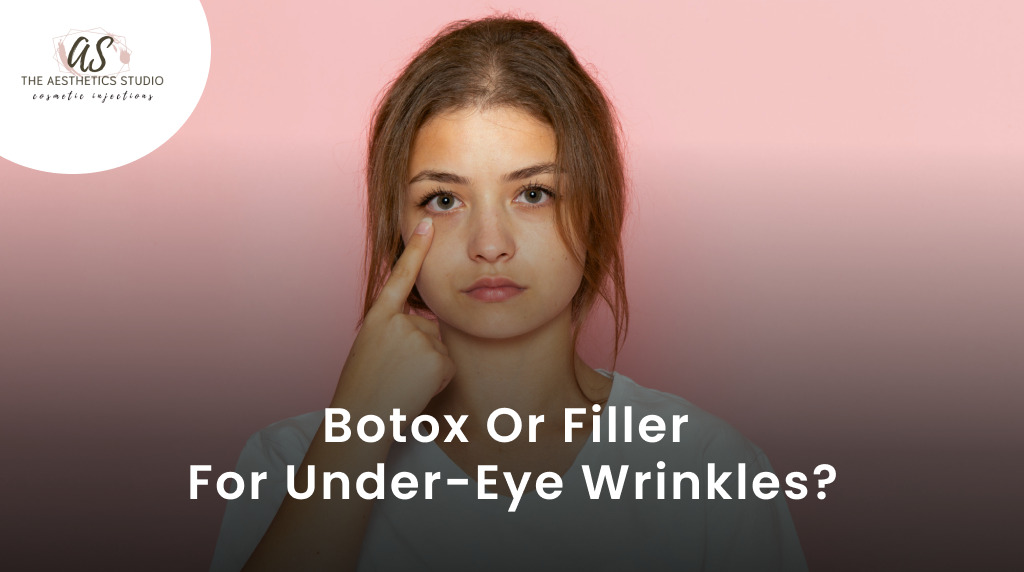Have you ever questioned why certain individuals age more gracefully than others? Signs of aging, such as wrinkles, can often leave us searching for answers.
Understanding what causes wrinkles can provide insight and understanding of our aging journey.
In this blog post, we will delve into the fascinating world of wrinkles and examine some of the factors believed to contribute to their formation.
Are you curious to understand what causes wrinkles and how to reduce their presence? Read on to gain some fascinating insights!
Top 8 Factors Causing Wrinkles
-
Sun exposure
Sun exposure is one of the primary external factors associated with wrinkle development. UV rays from sunlight penetrate skin layers and cause lasting cellular damage that leads to wrinkles.
Two types of UV rays impact the skin: UVA and UVB.
-
- UVA rays:
These longer wavelength UVA rays penetrate deeper into the skin, leading to long-term damage, including wrinkles. UVA rays cause this by breaking down collagen and elastin – two proteins essential for firm and elastic skin tissue – breaking them down over time, which reduces skin resilience causing fine lines and wrinkles to form as the body loses the ability to renew itself, thus leaving fine lines and wrinkles visible on its surface.
- UVB rays:
These shortwave UV rays primarily impact the outer layer of skin, leading to immediate sunburn and later wrinkle formation.
- UVA rays:
Chronic and unprotected exposure to UV rays causes chronic skin damage, worsening wrinkles, and raises the risk of premature aging. Wrinkles caused by sun exposure are known as photoaging (or sun-induced aging). Characterized by deep wrinkles, rough textures, and uneven pigmentation patterns, photoaging symptoms often include deep wrinkles.
To protect against sun-induced wrinkles, it’s essential to apply sunscreen with a high SPF (sun protection factor) every day – even on cloudy ones – and wear protective clothing and accessories like hats and sunglasses when spending time outside. Avoiding direct sunlight between 10 am and 4 pm during peak hours will also help limit sun-related skin damage.
-
Facial expressions
Facial expressions are an integral part of human communication, and we use our facial muscles frequently to convey emotions and expressions. Over time, however, repetitive facial movements and expressions may contribute to wrinkle formation – particularly where the skin is thinner or more fragile.
-
- Dynamic wrinkles:
Repetitive facial muscle contractions cause these wrinkles. Every time we smile, frown, squint, or raise our eyebrows, the muscles contract beneath the surface skin, causing it to crease. While young and our skin is more elastic than later in life, creases often pop back out with ease; but as we age and our elasticity declines, they become permanent and cause dynamic wrinkles to form over time.
- Common areas affected:
Dynamic wrinkles are commonly observed around the eyes (crow’s feet), on the forehead (forehead lines), and between eyebrows (frown lines or glabellar lines).
- Dynamic wrinkles:
Expression is integral to human communication; however, excessive facial movements that strain or overwork skin may contribute to dynamic wrinkle formation. Early intervention with botulinum toxin treatments like Botox can temporarily paralyze muscles responsible for dynamic wrinkles, stopping them from deepening and becoming more visible.
-
Smoking
Smoking is an important lifestyle factor that can hasten the process of aging and cause premature wrinkle formation. Cigarette smoke contains thousands of toxic chemicals, such as nicotine and carbon monoxide, that damage skin tissue.
- Reduced Blood Flow:
Smoking narrows blood vessels, restricting their flow to the skin. This limited supply deprives it of essential nutrients and oxygen necessary for repair and regeneration, leading to dull, dry, and wrinkle-prone skin conditions.
- Damage to Collagen and Elastin:
Smoking releases free radicals into the body that attack collagen and elastin proteins responsible for skin elasticity and firmness, leading to wrinkles and sagging skin as they lose their essential structural support and become compromised.
- Facial Expressions:
Smoking can cause repetitive facial movements that include pursing the lips while inhaling and squinting to keep smoke away from the eyes, such as pursing while exhaling, which may contribute to dynamic wrinkle formation around the mouth and eyes over time. These repeated actions could increase the chances of dynamic wrinkle formation over time.
- Premature Aging: Smokers show signs of premature aging earlier than non-smokers, with deeper wrinkles, grayish complexions, and lack of skin elasticity, often characteristic features. Smokers’ faces have often been described as having suffered the effects of smoking which manifested themselves through deep wrinkles, grayish complexion, and deep lines on the face as the results.
Quitting smoking early and consistently is essential to mitigate its negative impact on the skin, prevent premature wrinkles, and restore some of its elasticity and vitality. The sooner one quits smoking, the faster the skin can heal and regain some of its youthful exuberance.
-
Genetics
Genetics also influence how quickly we age and are susceptible to wrinkles, with thickness, elasticity, and moisture levels determined by our genes dictating different aspects of our skin aging process. All these factors can speed up signs of skin aging.
- Skin Thickness:
People with thinner skin tend to be more prone to wrinkles due to reduced collagen and elastin support that helps to keep it firm.
- Skin Elasticity:
Genetic variations may alter collagen and elastin production and structure, ultimately impacting how resilient and wrinkle-resistant our skin is
- Moisture Levels:
Genetics can affect how well-hydrated skin appears; those who maintain optimal levels can often display fewer wrinkles.
Genetics may predispose some individuals to specific skin traits, but lifestyle choices and environmental influences – like sun exposure or smoking – can have an even larger impact on how these genetic traits manifest themselves. Even if your genes predispose you to wrinkles, adopting a healthier lifestyle, using sunscreen, and caring for your skin properly can help decrease your appearance and keep your complexion appearing more youthful for longer.
-
Environmental factors
Environment can have a devastating effect on skin health and lead to the premature formation of wrinkles over time.
Some of the key environmental factors include:
- Pollution:
Prolonged exposure to air pollution, such as smog and particulate matter, can create free radicals in the skin, unstable molecules that damage cells and collagen, hastening aging processes and contributing to wrinkle formation.
As previously discussed, sunlight exposure is one of the main environmental causes of wrinkles. Prolonged and unprotected exposure to UV rays may result in photoaging characterized by premature wrinkles, pigmentation changes, and texture modifications on the skin.
- Climate:
Extreme weather conditions such as cold, dry winters or hot, humid summers can strain skin cells, depleting its natural moisture reserves and leading to fine lines and wrinkles.
- Lifestyle Choices:
Poor eating and sleeping habits, stress, and inactivity all play an integral part in the aging process, contributing to wrinkles.
To reduce the effects of environmental factors on skin health, it’s crucial to take protective steps. Regularly applying high-SPF sunscreen, wearing protective clothing, and using skincare products with antioxidants are all vital in neutralizing free radicals and lessening environmental damage to the skin.
-
Hormonal changes
Hormonal fluctuations during major life events, and changes to one’s hormone levels, can impact skin appearance and contribute to wrinkle formation.
At two key stages in life where hormonal fluctuations play an impactful role:
- Puberty:
At puberty, hormone levels often fluctuate and alter oil production on the skin, potentially leading to clogged pores and acne breakouts. While acne does not directly cause wrinkles later in life, its inflammation and tissue damage could play a part in its formation.
- Menopause:
Menopause is a phase in women’s lives when estrogen levels decrease significantly, essential in maintaining skin elasticity and moisture balance. Without enough estrogen, wrinkles become more prominent on skin that was once firm and moisture balanced. As estrogen declines, more wrinkles occur, causing damage.
Hormonal changes may also impact other aspects indirectly influencing skin health, including sleep patterns and stress levels. Poor sleep and increased anxiety levels may speed up aging processes and contribute to wrinkle formation.
-
Poor skincare routine
Skincare regimens that fall short can contribute to wrinkle formation and other skin concerns, with failing to do so over time leading to various health and appearance problems. Neglecting it could prove costly in terms of medical costs and appearance issues.
Here are a few ways that improper skincare practices may contribute to wrinkle formation:
- Lack of Moisturization:
Proper moisturization is vital in keeping skin supple and hydrated; without adequate hydration, dry skin loses its ability to remain elastic, becoming more vulnerable and susceptible to wrinkles.
- Failure to Cleanse:
Consistent cleansing can help eliminate dirt, pollutants, and makeup residue from your skin that accumulates over time, clogging pores, upsetting the natural balance, and contributing to collagen and elastin breakdown. When these impurities build up on your surface, they can clog pores while altering biological processes on its surface, causing it to change shape as it wears down over time.
- Sun Protection Neglect:
Failing to use sunscreen regularly exposes skin cells to damaging UV rays that hasten skin aging, contribute to wrinkle formation, and contribute to its acceleration. Sun damage accelerates this aging process further, hastening its progress and wrinkle formation.
- Neglecting Exfoliation:
Exfoliating can help remove dead skin cells and stimulate cell renewal, so ignoring exfoliation could result in dull, lifeless skin incapable of taking in beneficial skincare products.
Antioxidants are essential in neutralizing free radicals, damaging molecules which erode skin tissue. An ineffective skincare routine could leave the skin vulnerable to oxidative stress and premature aging due to products lacking antioxidant components.
- Underestimating Eye Care:
The skin around your eyes is especially vulnerable to wrinkles, making eye creams or treatments essential to delay their occurrence and prevent fine lines and crow’s feet from developing early. Neglecting them could lead to fine lines appearing quickly as a result.
- Unreliable Routine:
Regular and consistent skincare practices provide many benefits to be gained from them, while an erratic or irregular skincare regime may fail to provide your skin with all the essential nutrients and protection it requires for its health and elasticity.
To keep skin looking its best and prevent wrinkles from appearing, establish a comprehensive skincare routine that includes:
- Cleansing:
Cleanse the skin twice daily to eliminate impurities and unclog pores for best results.
- Moisturizing:
For optimal hydration and to avoid dryness, utilize an appropriate moisturizer designed for your skin type.
Apply sunscreen with at least 30 SPF daily, even on cloudy ones, for optimal sun protection.
- Exfoliation:
Regular exfoliation promotes cell turnover and produces more radiant, youthful-looking skin.
- Antioxidant-rich products:
Choose skincare products packed with antioxidants to safeguard the skin against free radical damage and maintain optimal cellular health.
- Eyecare:
Choose an eye cream or treatment to address the delicate skin around the eye for optimal eye care.
Conclusion
Multiple factors can cause wrinkles, but we have the power to control and diminish their appearance. By understanding these influences and taking proactive steps against them, we can take proactive steps toward maintaining a youthful complexion.
Prioritizing a healthy lifestyle regarding diet, regular exercise, and skincare routine is of utmost importance if we wish to avoid wrinkles in the future. Protecting our skin from sunburn and quitting smoking are key measures that will significantly help in this endeavor – all contributing directly or indirectly to helping prevent wrinkles!
If you want to reduce fine lines and wrinkles, Your Studio Wellness in Greenwood, IN, can help. Our friendly staff offers exceptional service and self-esteem-boosting skincare treatments such as botox treatment for facial wrinkles, dermal fillers for frown lines, and resurfacing treatments to give you youthful skin. Trust our experienced experts to deliver desired results while maintaining an aesthetic youthful appearance.













